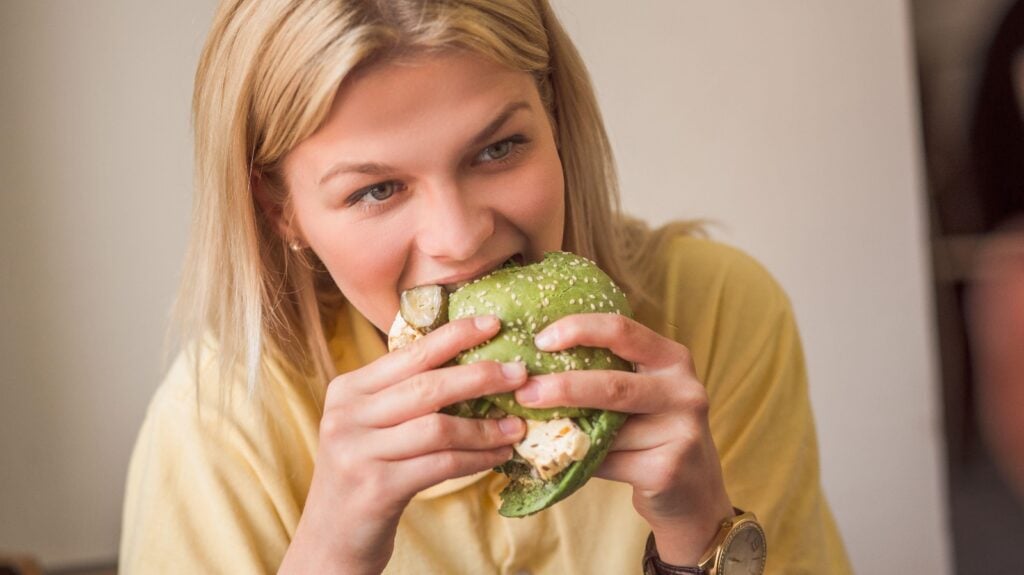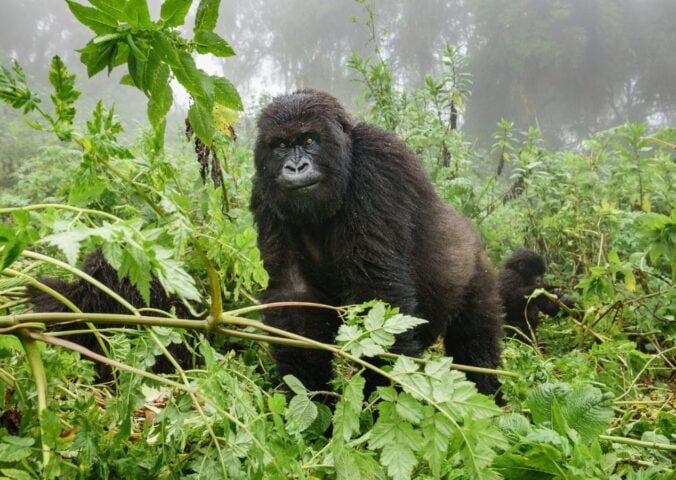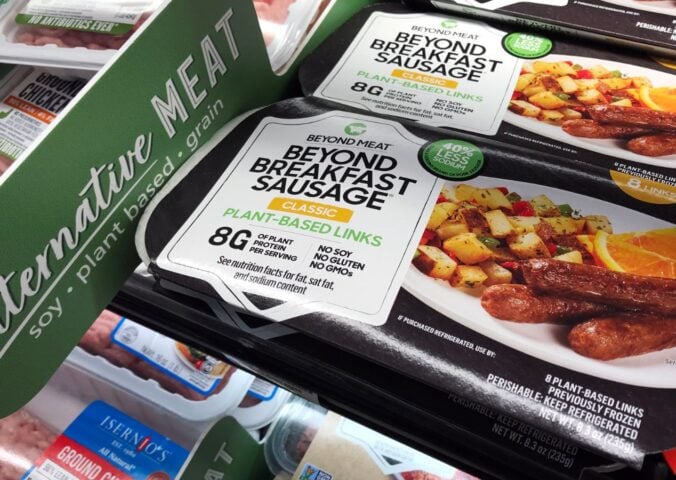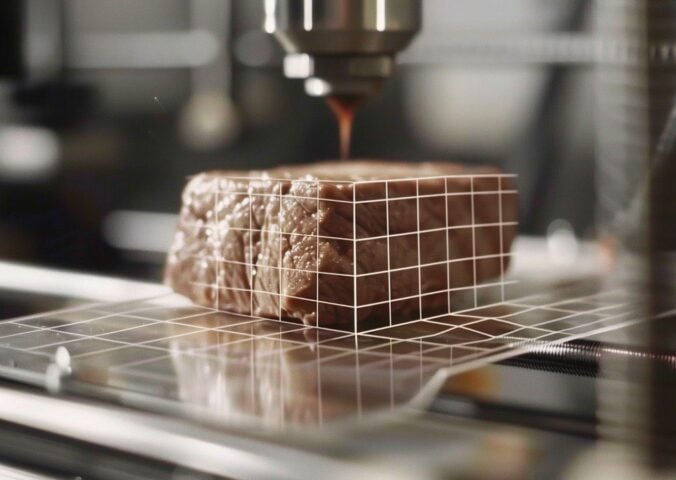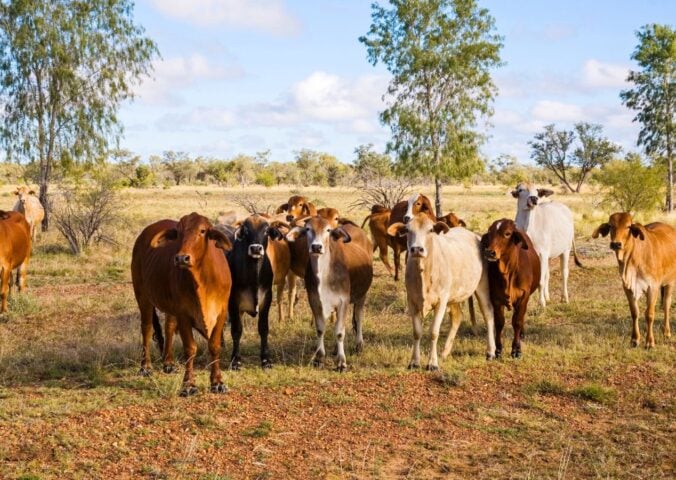Plant-based meat is cheaper than animal meat in the Netherlands, according to new research.
In February, ProVeg International commissioned supermarket researcher Questionmark to carry out a cost analysis. At that time, meat was found to be cheaper. But a further analysis conducted in June found that meat had increased in cost significantly. This made vegan options cheaper per kilogram.
The findings are attributed to inflation and rising costs of raw materials, creating a price hike in meat products. Plant-based items are largely unaffected by increased supplier charges.
For some time, consumers in The Netherlands have been moving away from meat products in favor of plant-based alternatives. But demand has not been addressed as a potential factor in the pricing battle.
The changing tide of meat versus plant protein
Researchers compared meat and plant-based products within strict parameters. All items were the lowest priced options and vegan alternatives matched their animal counterparts in terms of portion size.
In total, 36 products were compared. ProVeg acknowledges that the differences between supermarket chain ranges remain large, with identifiably different target consumers. However, overall findings confirm that animal meat has become more expensive than vegan meat across the board.
In February, plant-based burgers were found to be 56 cents per kilo more costly than meat alternatives. Last month they came in at 78 cents per kilo cheaper.
Similarly, vegan chicken pieces were more expensive, by an average of €1.16 per kilo, than animal varieties. Now, they are 37 cents cheaper.
Previously, plant-based mince was 29 cents per kilo more expensive than meat. Last month it came in at €1.36 less per kilo.
Cost is no longer a plus point for meat
Cost is frequently cited as a stumbling block to turning vegan. Consumers fear spending more on products they aren’t familiar with, but the idea that plant protein always costs more than animal alternatives appears to be a misnomer.
Oxford University states that the misunderstanding often stems from comparing conventional meat to specialist substitutes or surviving on takeaways.
The institution conducted research that found vegan and vegetarian diets are the most cost-effective options in high-income countries.
“We think the fact that vegan, vegetarian, and flexitarian diets can save you a lot of money is going to surprise people,” Dr. Marco Springmann, a researcher at Oxford University, said in a statement.
Despite being heavily subsidized, the meat industry now faces increased costs, which it is having to pass on to consumers. ProVeg states that meat has seen an average 21 percent price increase between its analysis in February and June. Comparatively, plant-based protein rose by around two percent.
“Meat has always been a product that requires an enormous amount of raw materials. To make one kilogram of meat, you need up to ten kilograms of grain. Now, in times of scarcity, that takes its toll,” Pablo Moleman of ProVeg Netherlands said in a statement.
He continued: “Due to the large use of raw materials, meat is much more sensitive to disruptions in the world market than meat alternatives.”
“Plant-based meat clearly wins out on efficiency, and we now see that reflected in the price.”
